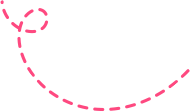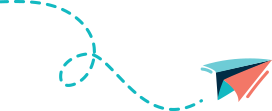Our Mission
At Amistad, we center and commit to joy, belonging, and academic excellence for all students and families. As a Spanish-English Two Way Dual Language Immersion program, we celebrate our community’s linguistic and cultural diversity with an intentional commitment to honoring Black, Brown, and Indigenous students’ experiences. We nurture bilingual, biliterate, and multicultural students who use their unique gifts to create positive change in their communities, families, and lives.
Our vision
Seattle Amistad School envisions a world where all students confidently navigate and celebrate their own cultural identities and those of others. By nurturing students’ cultural and linguistic assets, we empower them to bridge divides and become compassionate leaders who create positive change in our communities and interconnected world.




